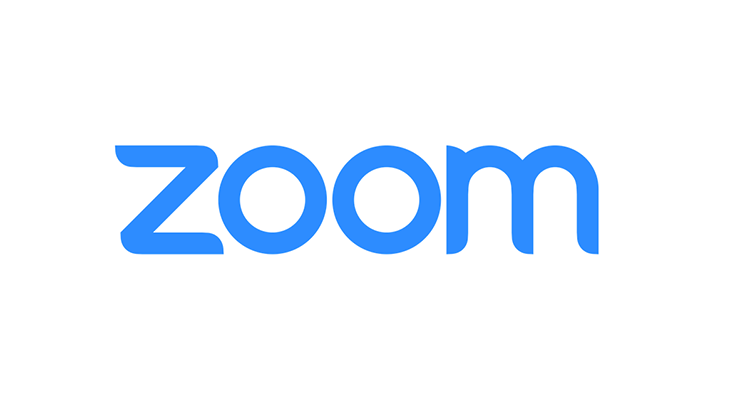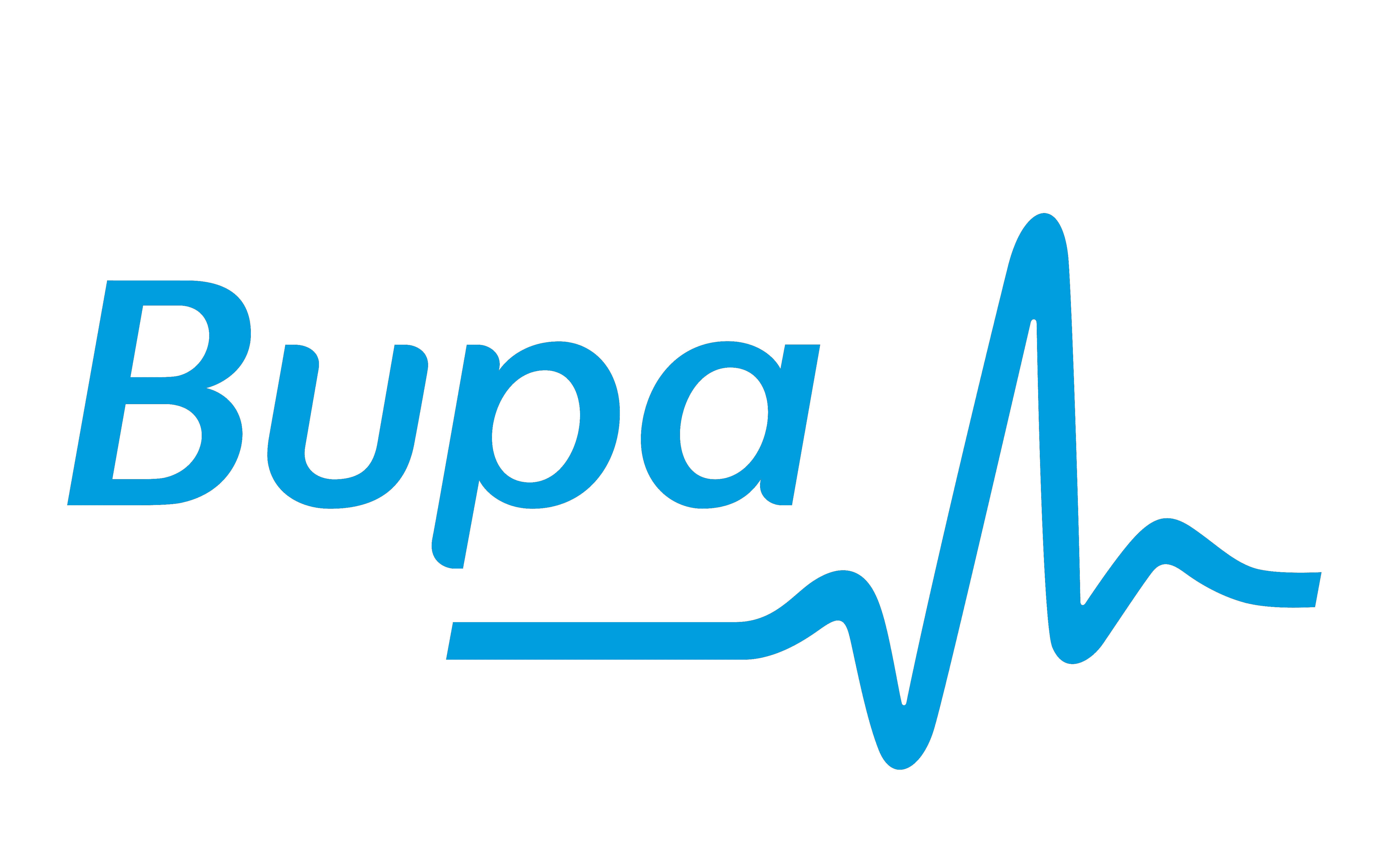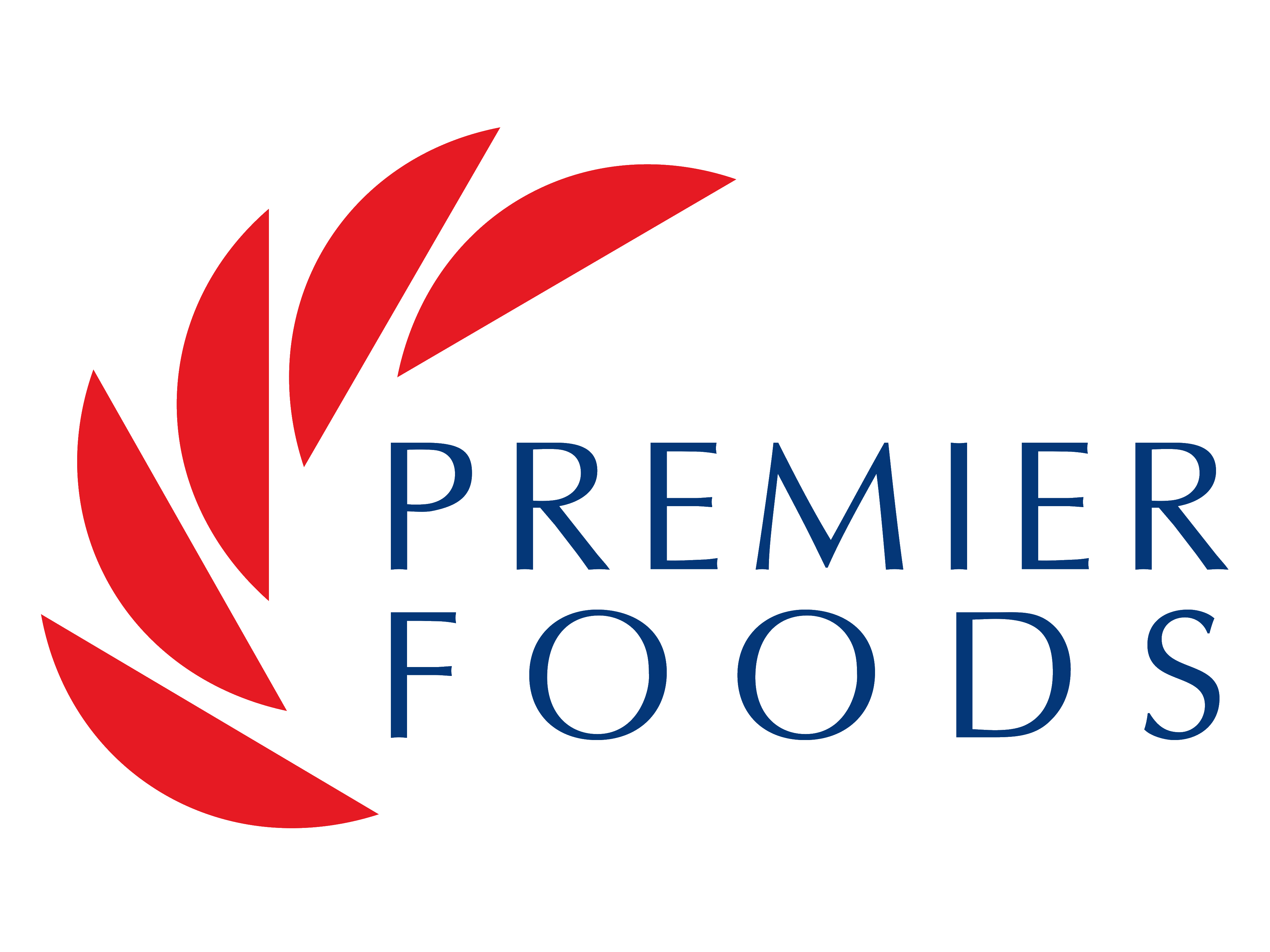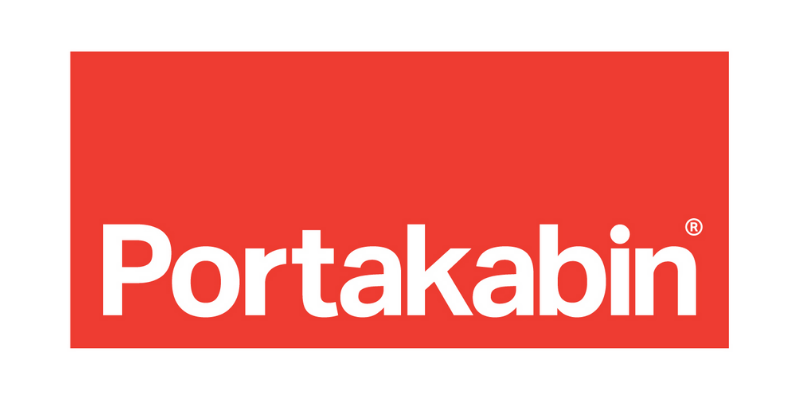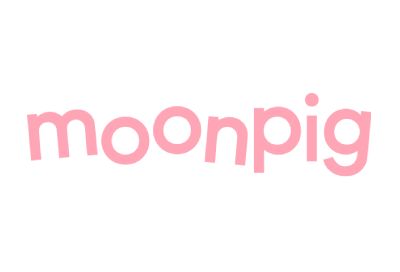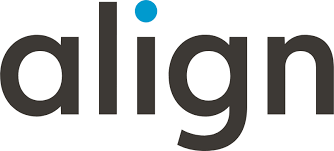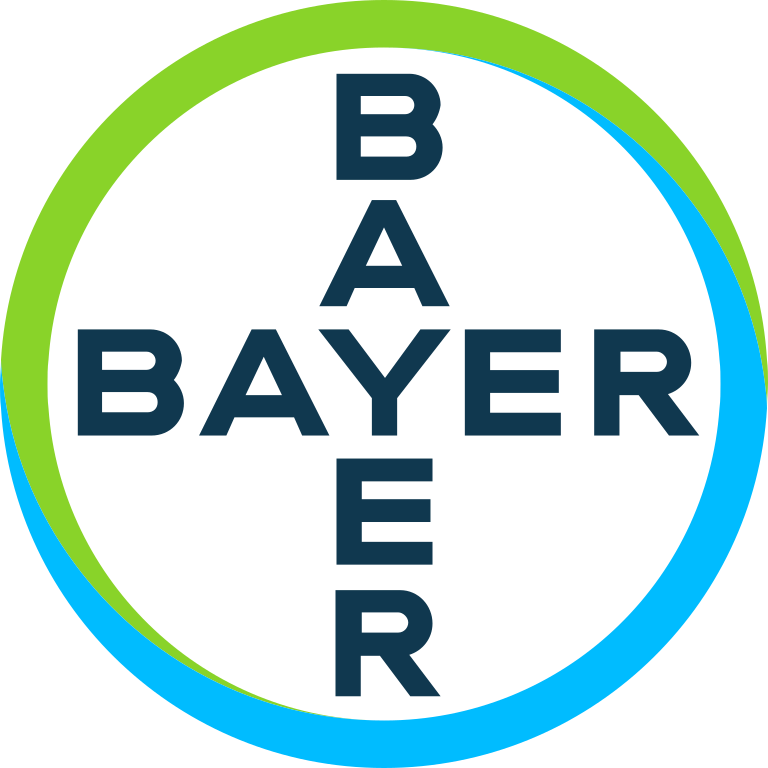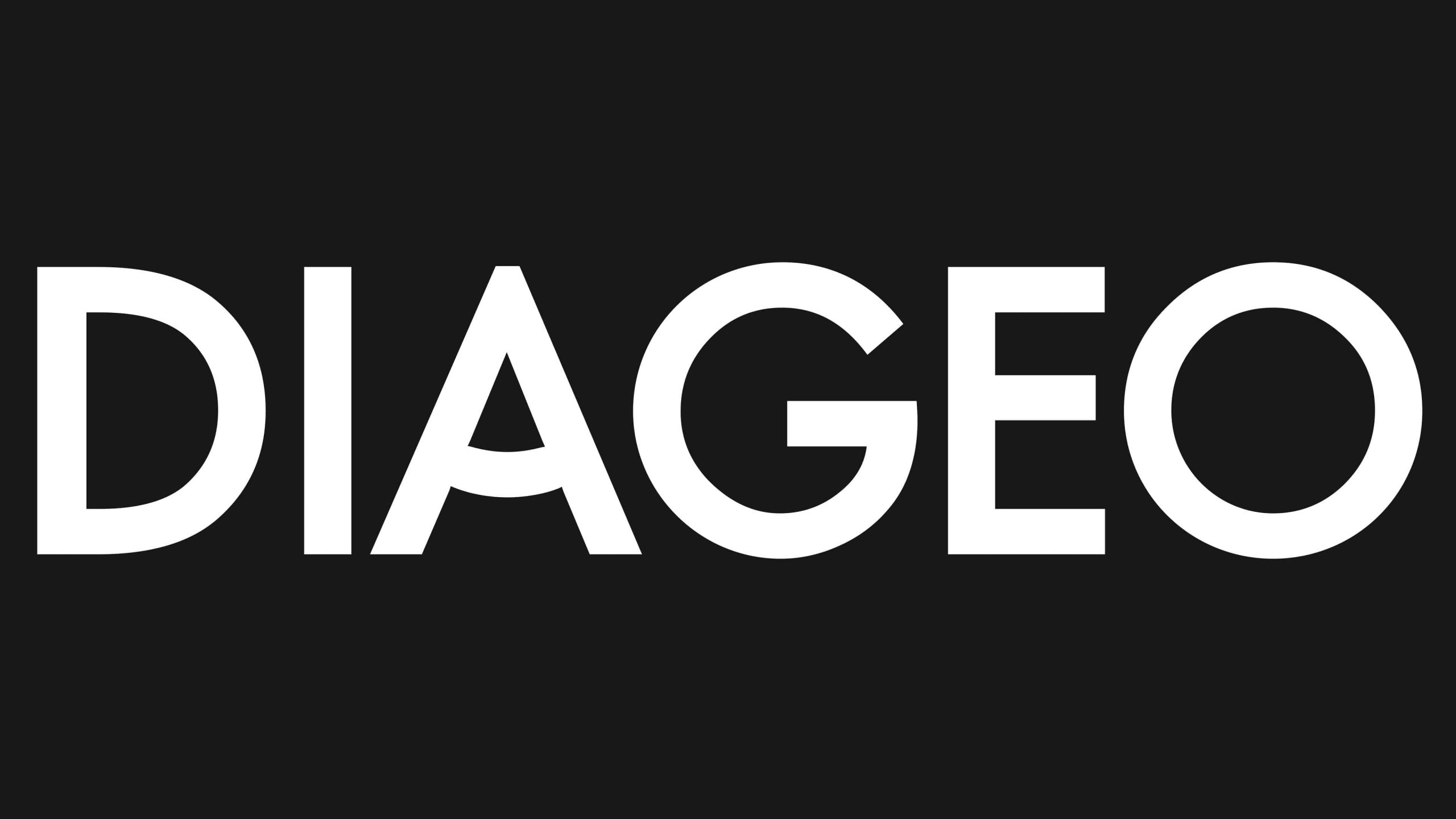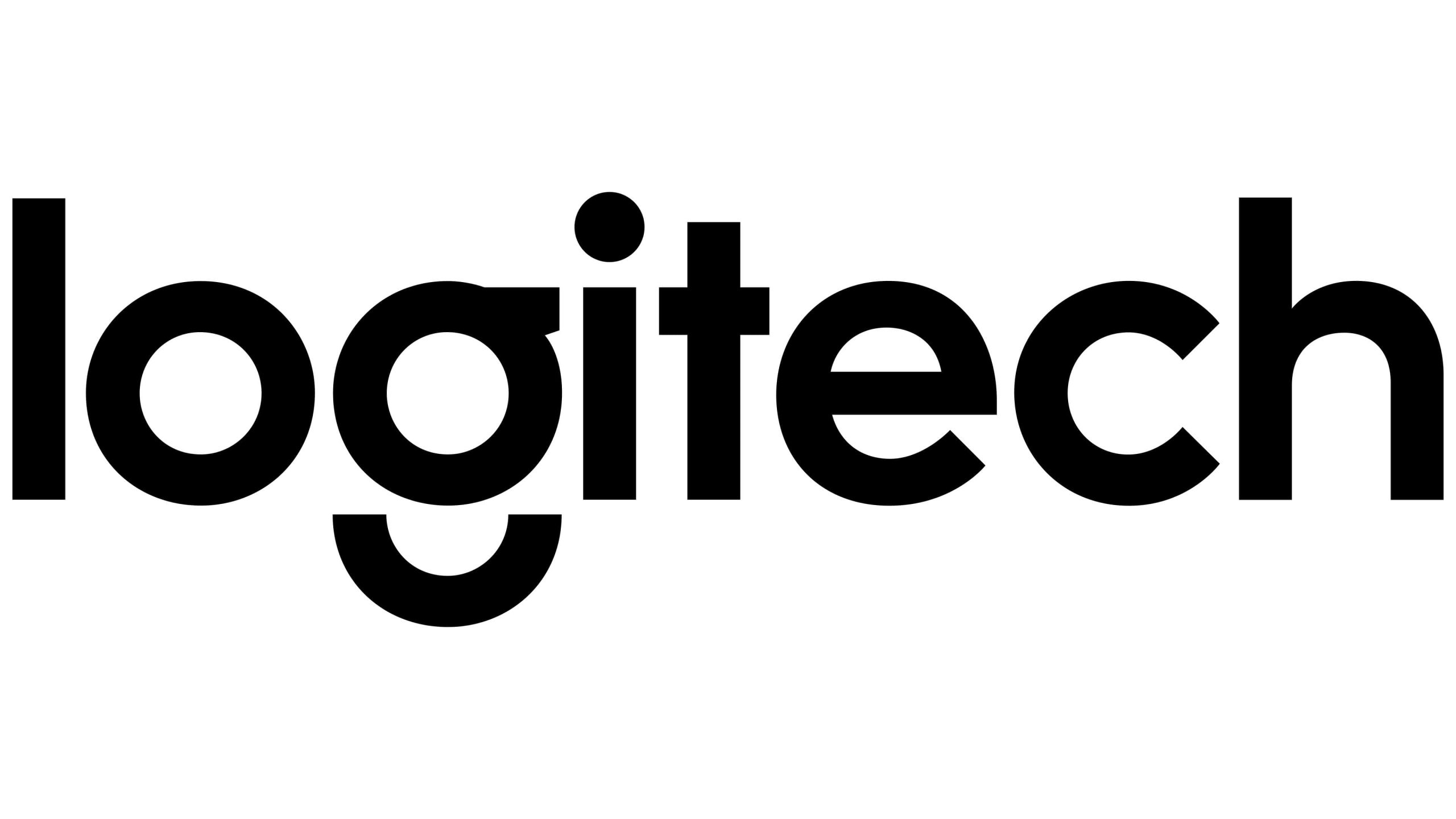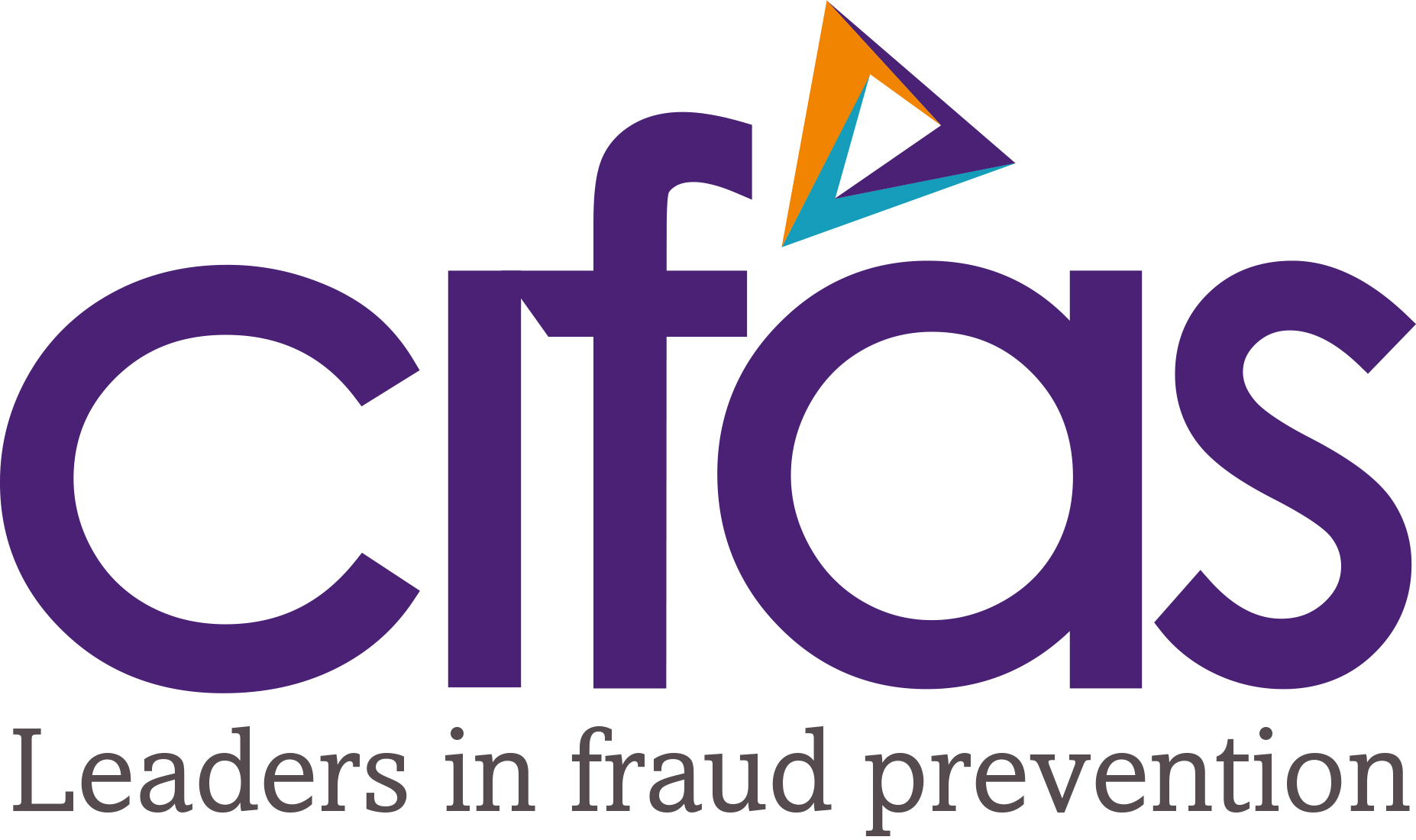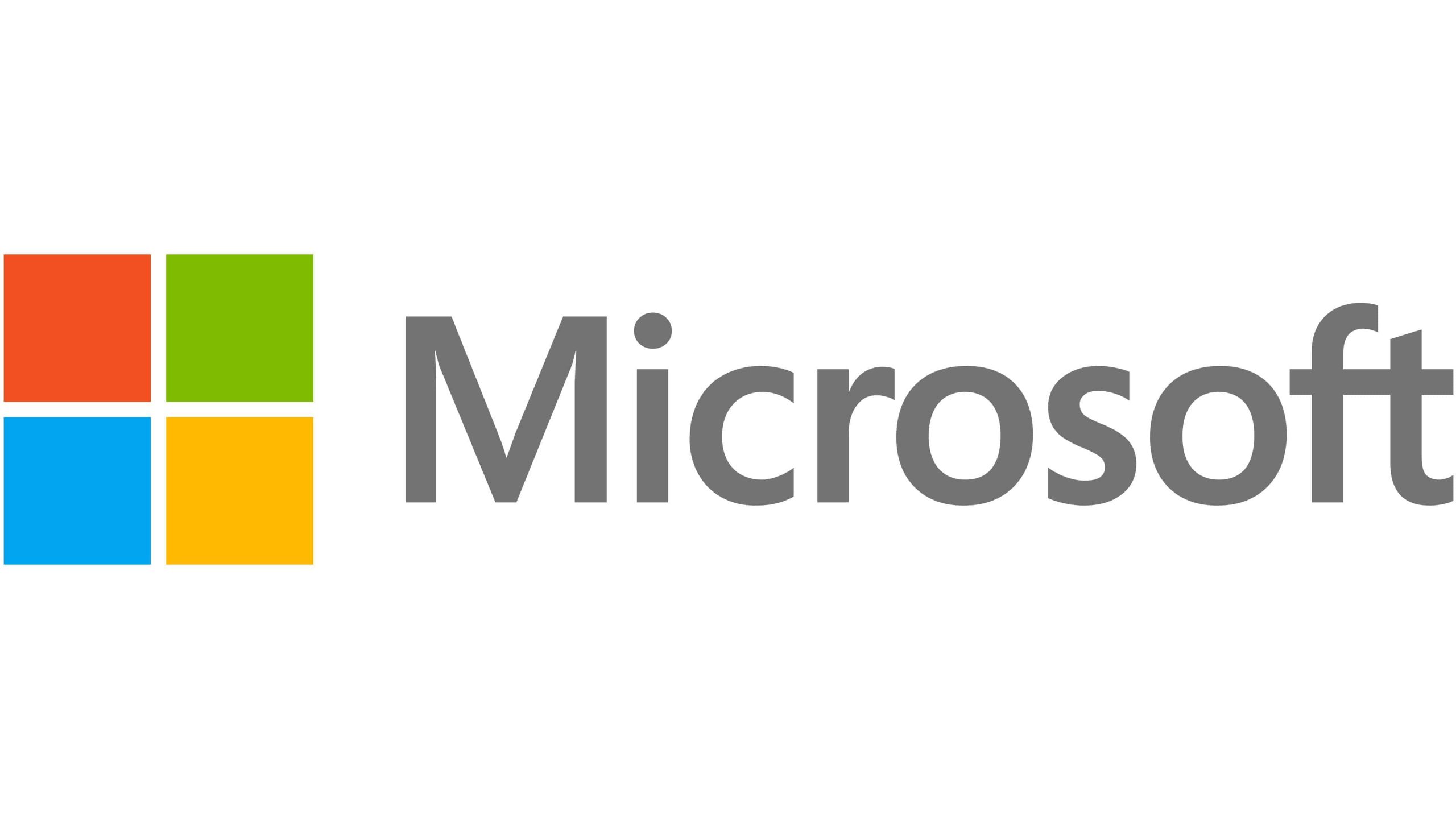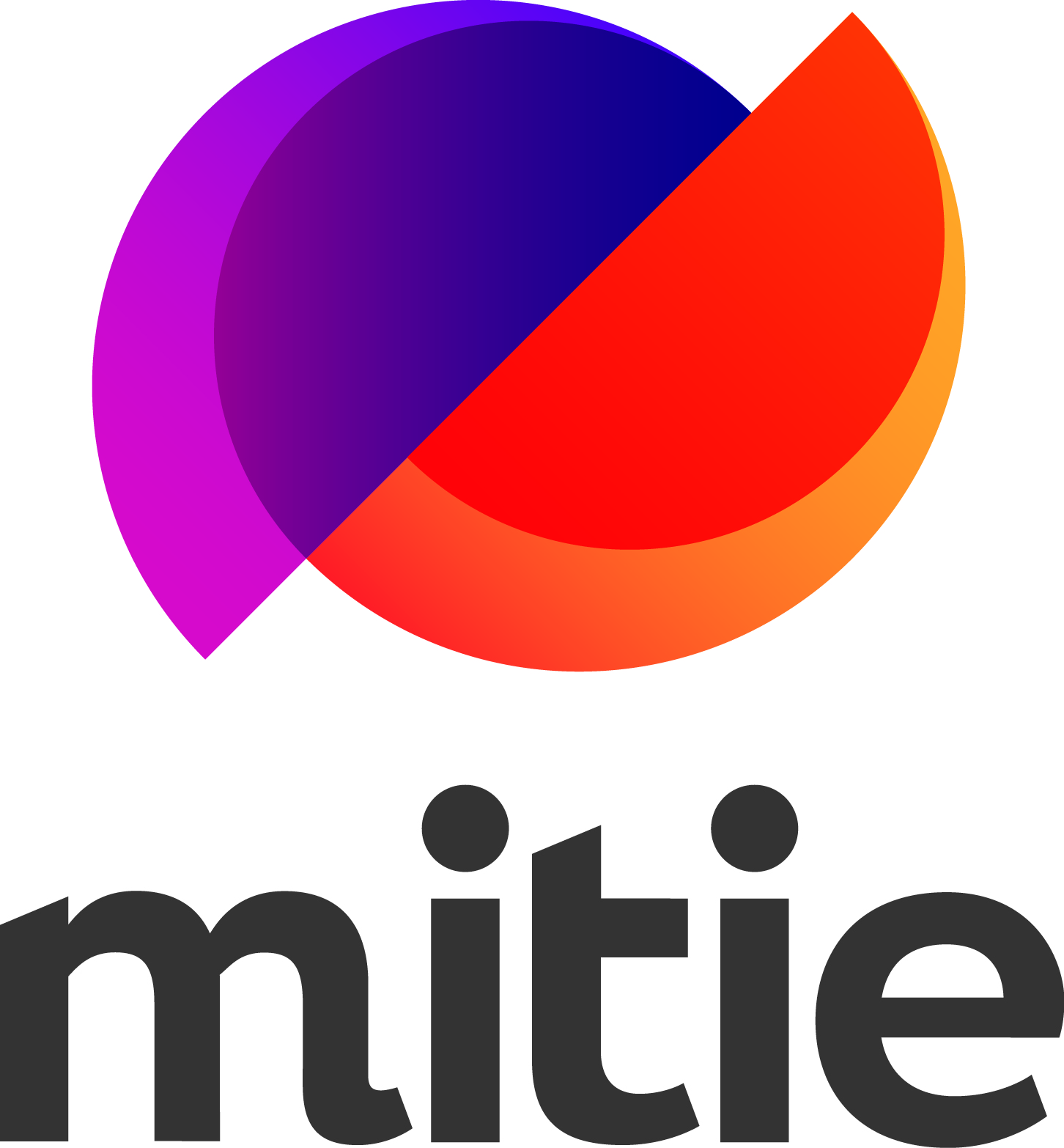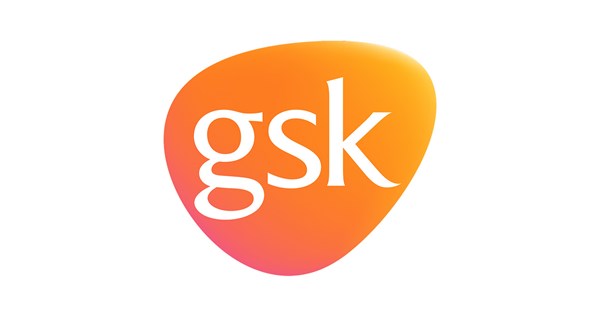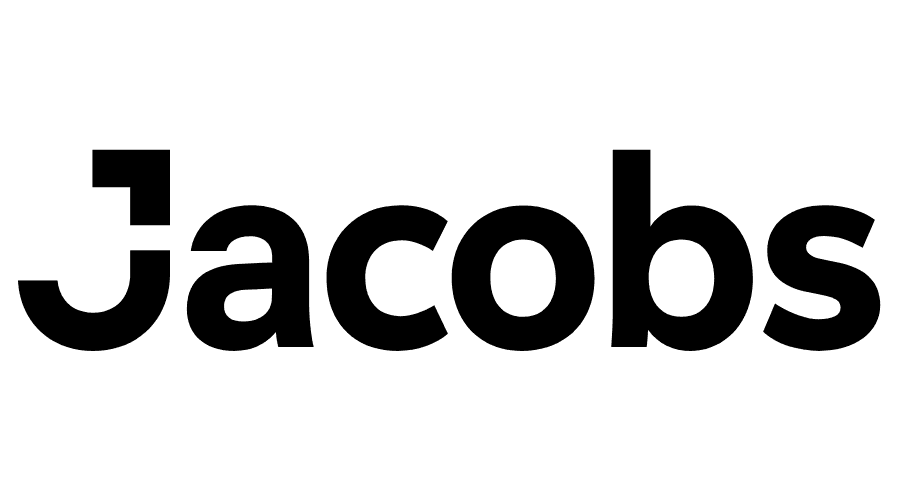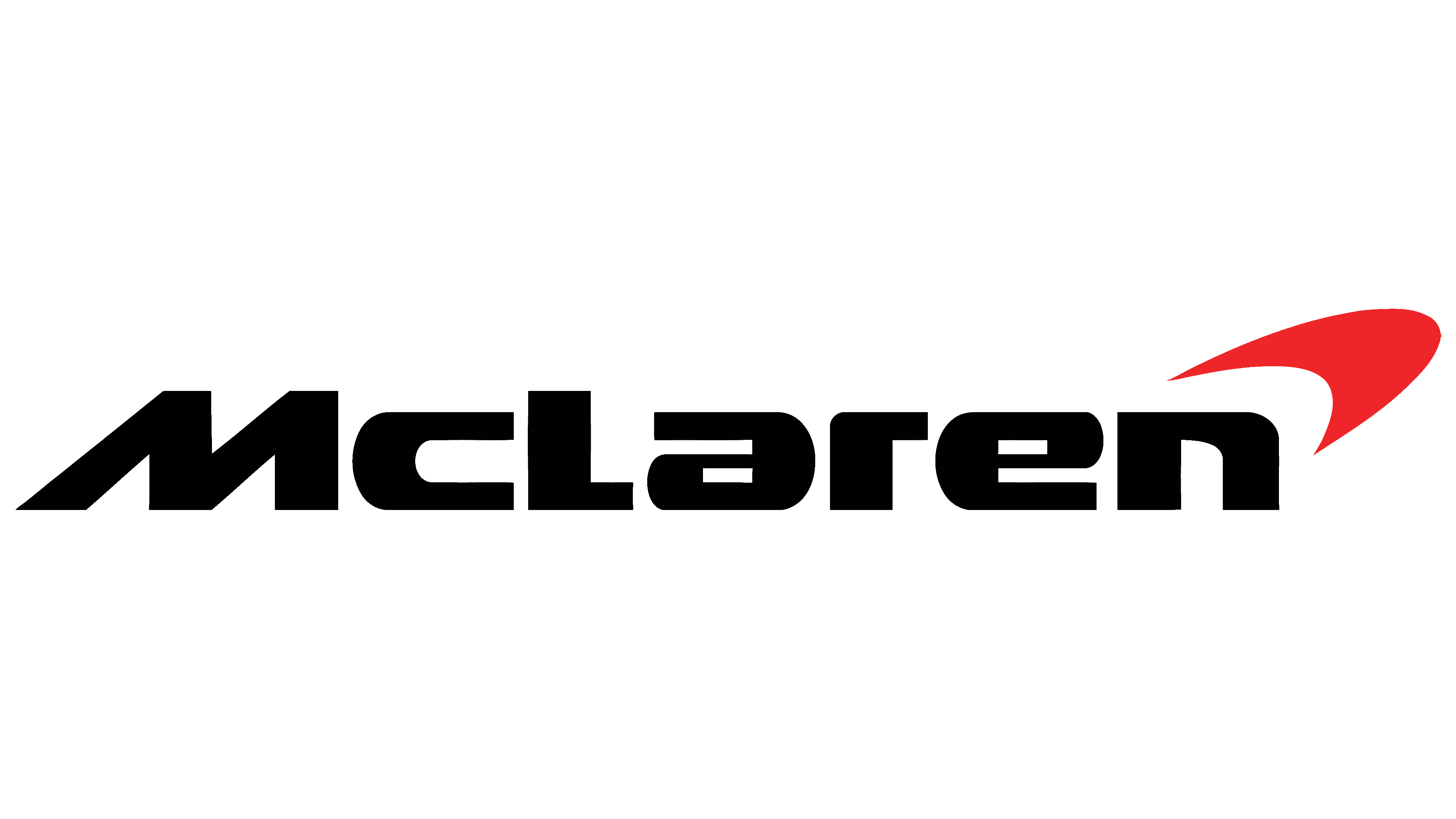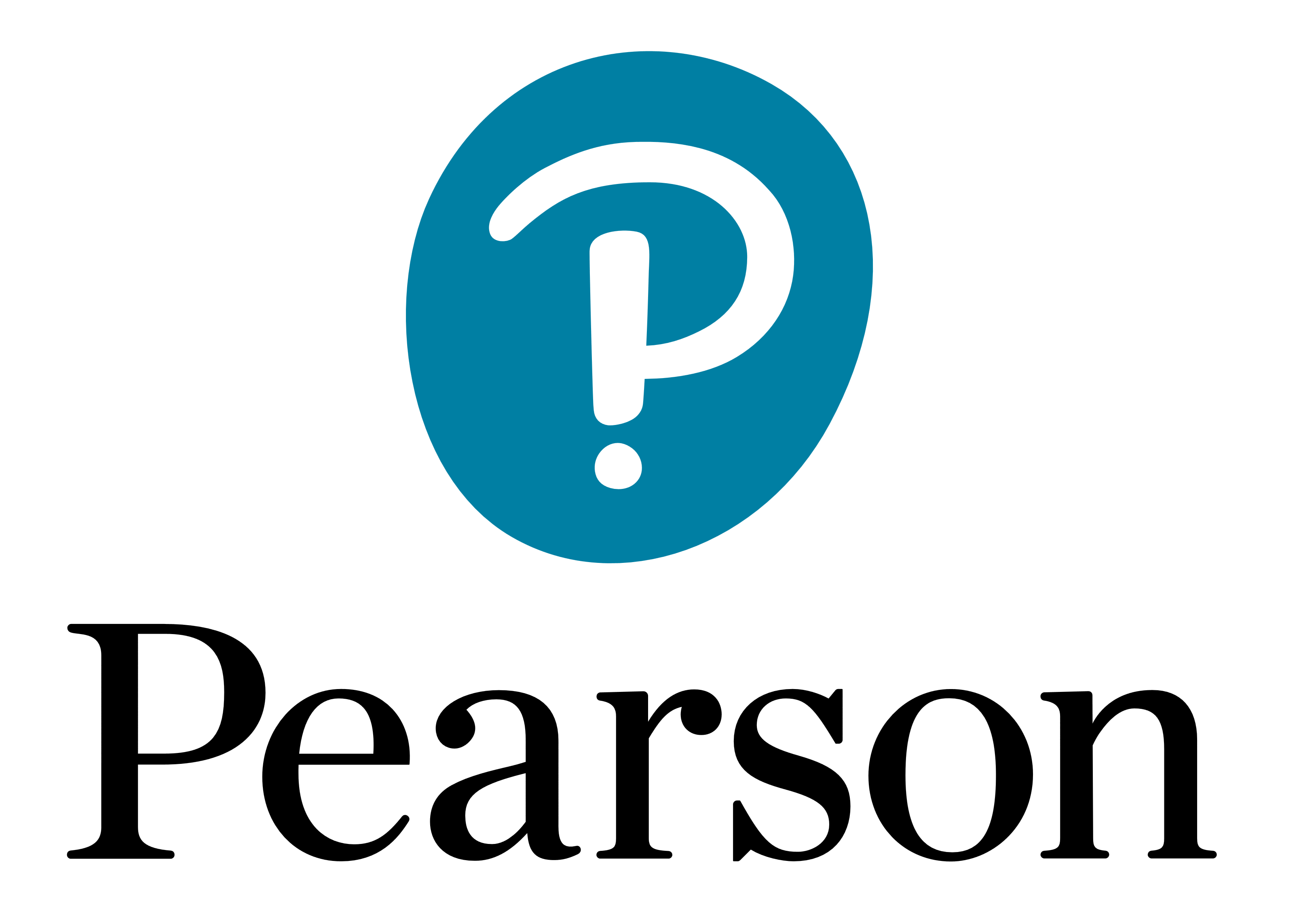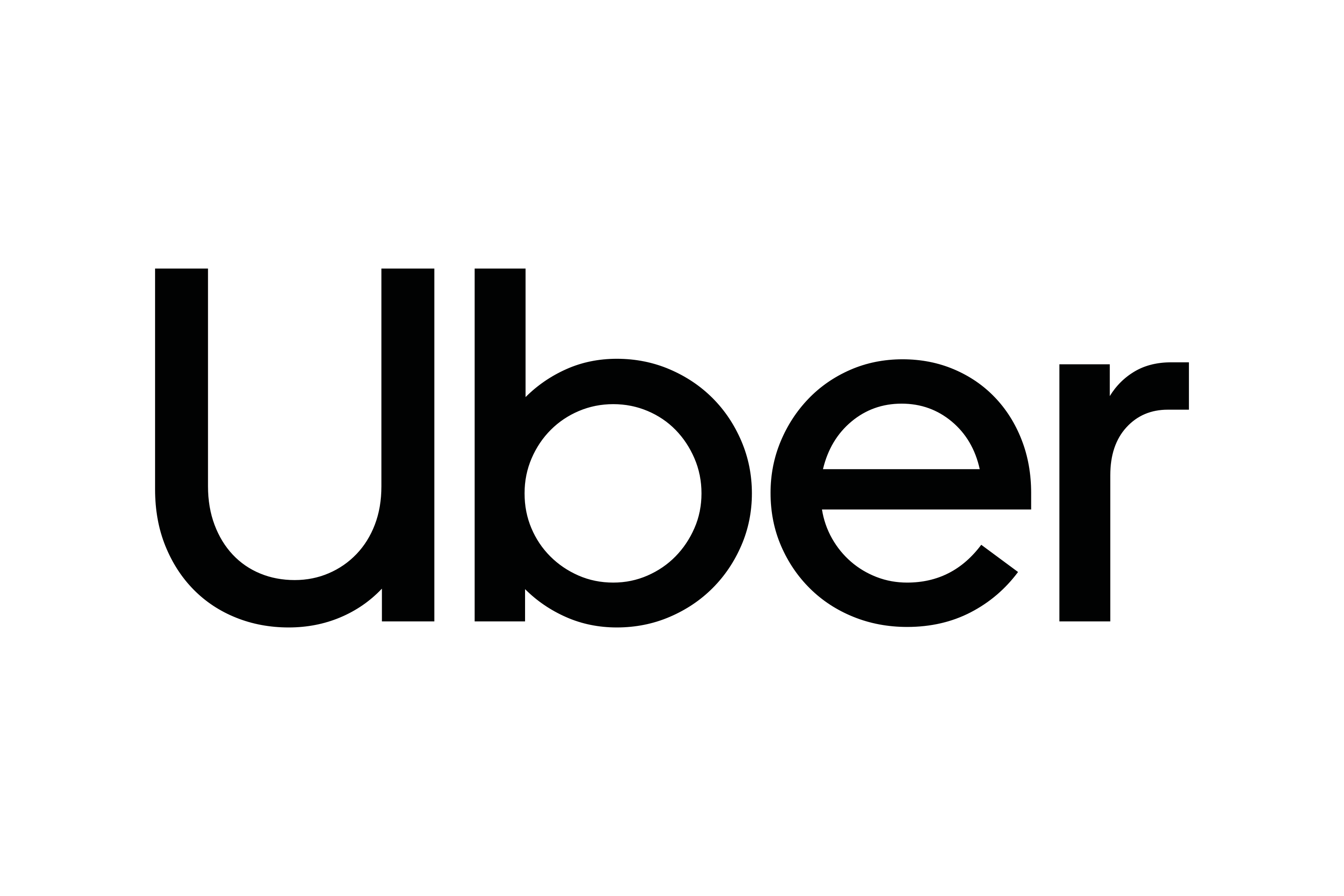
Chris Wanstrath, co-founder of GitHub, a platform for developers, declared in 2017 that “the future of coding is no coding at all”.
It seems he was onto something. The low-code/no-code (LC/NC) tools have amplified.
Such tools allow anyone to write software using drag-and-drop visual interfaces (NC) or using a simple bit of code (LC).
A simple example of this for me would be Wix (NC) and Word Press (LC) if you’d like to build a website yourself.
Firms are now encouraging all workers to write software, an activity usually reserved for coding wizzes.
The reason is simple. There’s a global shortage of skilled workers. Developers in particular are hard to find – 1.4m fewer than needed according to some reports. And even if companies can source them, they are likely to demand a hefty salary. Not every company can compete with Google, Amazon and Facebook’s salaries!
One corporate that benefited from this trend is Telstra, an Australian telecoms firm. In 2018, one of their field technicians built an app that unified 70 messaging systems for reporting phone-line problems. The technician had no coding experience. The app may not have the best user experience and may look cluttered but it works. It solves a problem. Over 1,300 colleagues use it, saving the firm $12m per year.
Unqork , a no-code startup, is offering this type of no-code application for corporates. It is valued at over $2bn and counts CapitalG (Alphabet’s VC fund) and Goldman Sachs as one of their investors.
In 2021, AWS launched Amazon SageMaker Canvas , a platform that allows people to deploy machine-learning models without writing code. They are also developing a no-code app builder, Honeycode .
Having an army of ‘mini coders’ can be very useful for companies. These employees could solve some of the inefficiencies they see internally and may find that a simple code was all it took to tackle a repetitive task.






